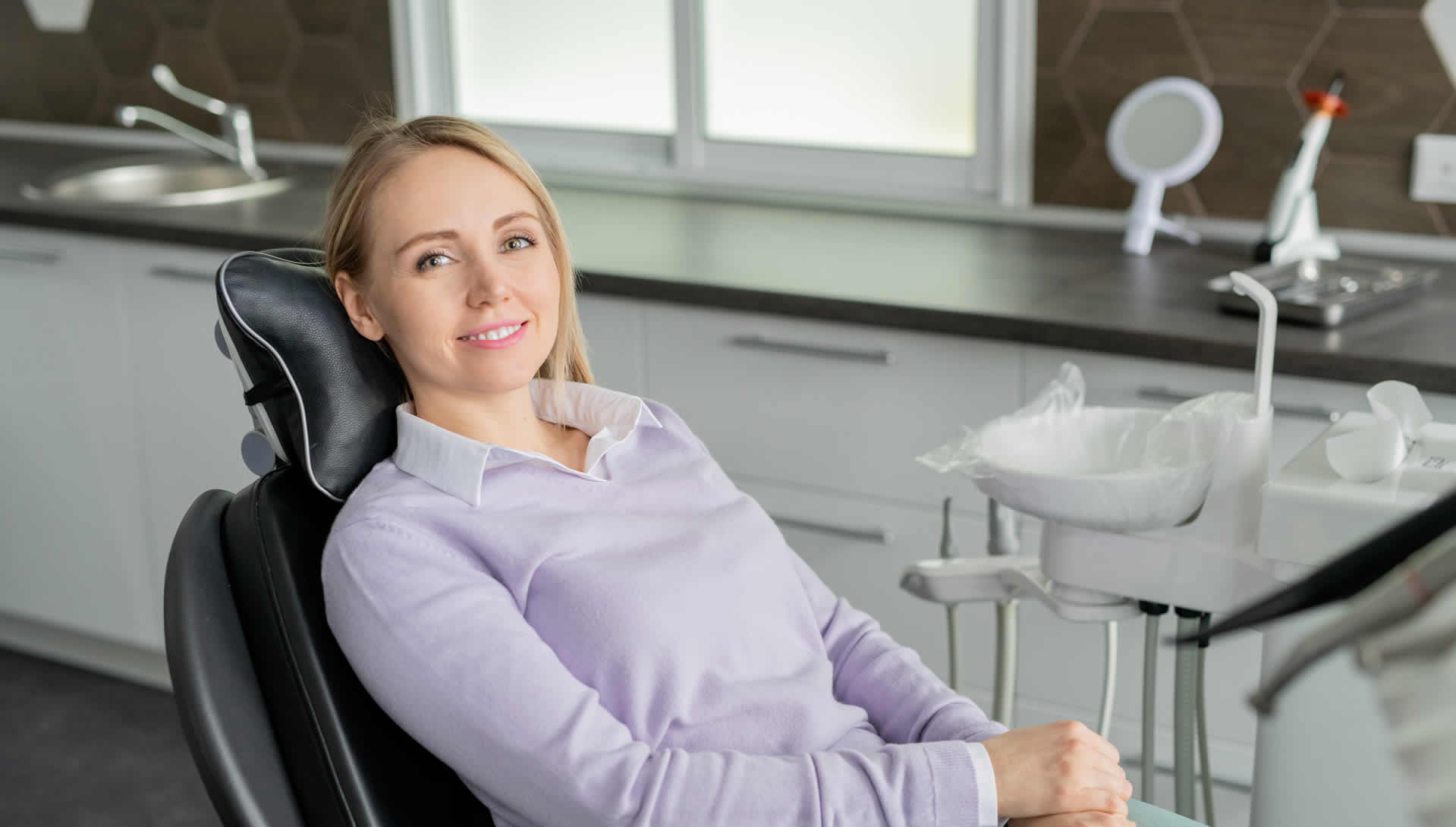Needle Phobia
 Needle phobia is a severe fear of needles or injections of any kind. Some people are fearful about injections only in the dental environment. Others avoid injections for medical examinations, blood work, vaccinations or medical procedures. This fear can lead people to avoid needed medical care. While the cause is often a learned fear from a bad experience, some doctors believe that the cause may actually be genetic. The question is, “What kinds of help is available for patients so they can receive the care they need. Our Holmdel NJ office has many techniques and solutions, depending on the needs of the patient.
Needle phobia is a severe fear of needles or injections of any kind. Some people are fearful about injections only in the dental environment. Others avoid injections for medical examinations, blood work, vaccinations or medical procedures. This fear can lead people to avoid needed medical care. While the cause is often a learned fear from a bad experience, some doctors believe that the cause may actually be genetic. The question is, “What kinds of help is available for patients so they can receive the care they need. Our Holmdel NJ office has many techniques and solutions, depending on the needs of the patient.
How can we help?
There are many solutions for needle phobia including nitrous oxide, various types of sedation, and an understanding dentist. Modern technology provides, even more, solutions to help people with dental needle phobia.
The first step is support and understanding of the issue. We start with a discussion of the patient’s past experiences which may include a previous doctor who was perceived as rough or stern. For many patients, letting them know that we have a gentle touch, backed by up-to-date techniques is all they need.
However, other patients may have a history of panic attack or fainting associated with injections. For these more advanced cases, some type of medication to relax the patient is usually recommended. Some patients just need “something to take the edge off,” others need a deeper level of sedation. Each patient is treated as an individual to give them what they need to be comfortable. We listen and get the history of the patient’s experiences so that we know how we can best help.
- Premedication with medication for anxiety, is sufficient for most patients. It is often followed by deeper sedation if the dental procedures are prolonged or involved.
- Patients can have complete anesthesia just by breathing a gas, called an “inhalation induction,” if needed.
- Laser dentistry can accomplish dental work without the use of needles by generating a beam of concentrated light energy to a precise area. Laser technology is used to treat tooth decay and gum disease.
- Advanced formulations of topical gels are available.
- Talk to us, and we’ll work out a plan that will address your concerns and help ease your needle phobia.
What can I do if I don’t get numb?
Some patients have difficulty becoming fully numbed with local anesthetic. As with anything in our body, some people simply react differently to anesthetics. A few different reasons can be the cause.
First, in some patients, their time where the anesthetic is effective is very short. Their body simply removes it from their system quickly, making the numbness wear off faster.
Second, some people have variations in the nerves servicing their teeth, especially their lower molars. There are cases where the patient has four different nerves leading into the lower molars.
Third, if a patient is experiencing an infection of the tooth, this means the nerve has now become inflamed. It can actually become more easily stimulated. Nerves in this condition will require treating the infection first or more local anesthetic.
These aren’t deal breakers, by any means. With any of these occurrences, we may need a different method to deliver the anesthetic and obtain numbness. If you have a history of difficulty achieving full numbness, let us know because we can help. We have many alternative options and various methods to deliver anesthetics. We can start with some nitrous oxide (laughing gas) to relax you before working on local anesthetic, or oral or IV sedation may be the way to go. Point is, Dr. Lichtenstein has made it the goal of his practice to help patients overcome dental anxiety — we can find a solution, so you’re assured to not feel a thing.
How can you assure I won’t feel any pain?
Modern dental techniques, anesthetics, and sedation have come a long way. For some patients, sedation is a great way to thoroughly relax during your appointment. When you are sedated, you’ll have little to no sensation when getting numb. The local anesthetic Dr. Lichtenstein use, coupled with his expertise at placing it, ensures you won’t feel a thing. And thanks to sedation, you will feel calm, and in some cases won’t remember much of the appointment either! We offer several types of anesthesia, including local, nitrous oxide, oral, intravenous, or general. We will work together to find out which sedation option is best for you.
Can nitrous oxide be used before an injectable anesthetic?
Another option is inhaled nitrous oxide prior to numbing. Laughing gas takes effect immediately upon inhaling and it maintains its effect as long as the small mask is over your nose. Nitrous oxide is a safe and effective precursor to the local anesthetic.
What are my alternatives to injections?
Most patients with severe dental anxiety or needle phobia respond well to sedation. By taking the edge off, they are able to relax and receive comfortable dental care.
